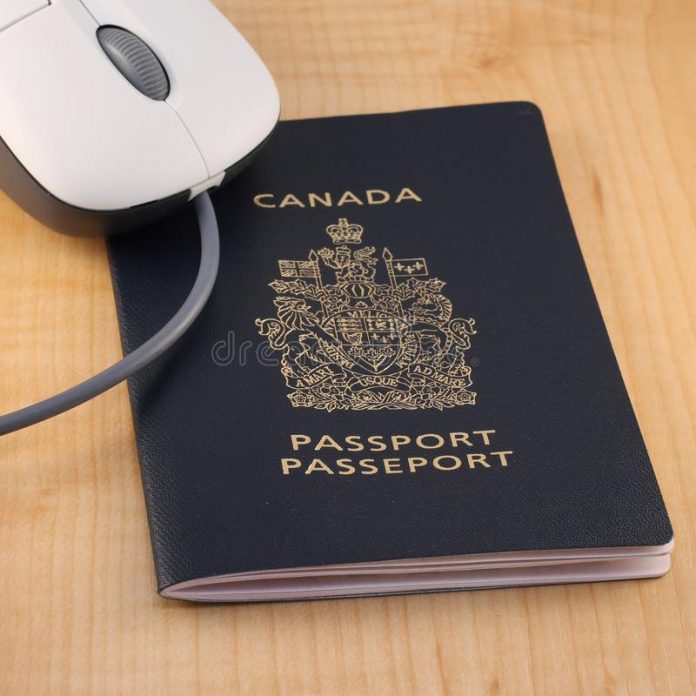The challenges posed by COVID-19 are unprecedented and protecting the health and safety of all Canadians remains the Government of Canada’s highest priority.
It was announced yesterday that the Government has extended the Mandatory Isolation Order and temporary travel restrictions for all non-US travellers, unless their travel is for non-discretionary reasons, to November 30, 2020.
The government has also made some practical adjustments to provisions allowing limited Canada-U.S. cross-border travel, in a few specific circumstances. Effective October 31, 2020, residents of Campobello Island, New Brunswick; Stewart, British Columbia; Northwest Angle, Minnesota; and Hyder, Alaska will be exempt from mandatory 14-day quarantine only to access the necessities of life (e.g., food, medical services) from the nearest Canadian or American community. In addition, students from Canada and the U.S. who regularly cross the border to attend school, along with one driver, and children who are subject to shared custody arrangements, along with one parent, are exempt from mandatory 14-day quarantine. The new provisions to ease pressures related to cross-border students are conditional upon support from provincial and local public health authorities.
In addition, the government is allowing limited exemptions to mandatory quarantine to enable COVID-testing pilot projects, in coordination with provincial authorities. The Government of Canada will continue to monitor international alternatives to quarantine closely and will review the evolving science, including the role and timing of COVID-19 testing, in determining any changes to our current border measures.
The Government of Canada also intends to implement new mandatory requirements for the electronic submission of information through the ArriveCAN app or website. The ArriveCAN app was created as a secure and user-friendly alternative to the paper contact form to help travellers comply with these border measures. This will allow traveller information to be shared quickly and securely with provinces and territories to facilitate contacting travellers for public health follow-up. It will also facilitate compliance verification by law enforcement. These new requirements will come into effect on November 21, and more information will be shared in the coming days. Exceptions will be made for those who are unable to submit documents electronically due to personal circumstances.
Anyone experiencing symptoms of COVID-19, or who has recently come into close contact with someone infected with COVID-19, should continue to quarantine or isolate for 14 days. At all Canadian ports of entry, border services officers will make the final determination of eligibility to enter Canada for non-citizens and non-permanent residents.








